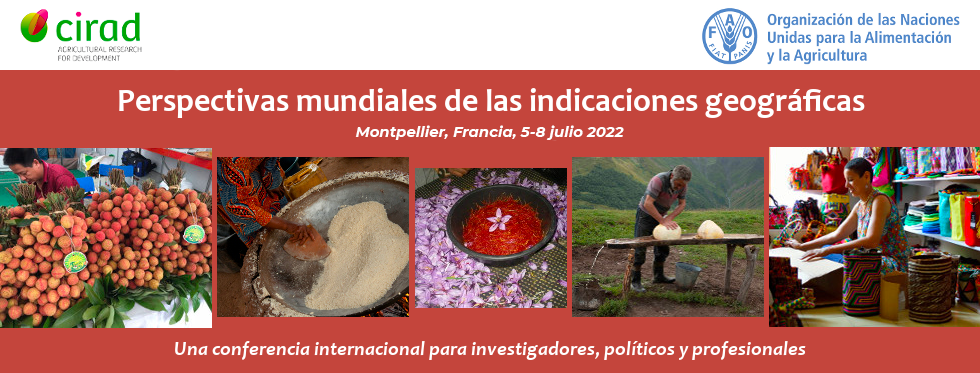In 1992 the EU introduced a voluntary policy scheme allowing member state producer organizations to register products with special qualities linked to geographic regions. Products registered under Designation of Origin (DO), Geographical Indication (GI) or Traditional Speciality Guarantee (TSG) receive intellectual property rights and only producers meeting specific standards can benefit. The EU GI policy benefits small, local and traditional producers and contributes to rural development. Still, no GI is the same and a number of factors impact the benefits of GI to producers and rural development.
While any product with a regional reputation can be registered and protected across the EU27, there are remarkable differences on the use of this instrument. Southern European countries, namely France, Italy, Portugal and Spain, have a considerable number of products registered as PDO, whereas Northern European countries have very few. This is puzzling since the intention of the EU GI policy is to benefit small, local and traditional producers and contribute to rural development. In theory, GI labels help producers capture value by establishing a connection between the product, traditional practices and product origin. This in turn creates positive knock-on effects for social, economic and environmental sustainability in rural communities. It is important therefore to understand the underlying reasons for variation in GI usage across EU countries.
The role played by GI designations on making the food system more socially, economically and environmentally sustainable has recently been investigated (Arfini et al., 2019a and 2019b; Bellassen et al., 2019). Arfinit et al. (2019a) proposed a framework to evaluate the sustainability of geographical designations based on the theory of conventions over multiple social, economic and environmental dimensions, while Bellassen et al. (2019) proposed a method to measure the sustainability of alternative food products. These concepts and measures to assess the evolution of sustainability were then applied by Arfini et al (2019b) on the Parmigiano Regiano Cheese PDO from 2000 to 2018.
Drawing on that work, the focus of this research is to compare how producers and organizations managing PDO cheeses in three different countries perceive the benefits of using a GI and the sustainability of their production processes. We also aim to understand the extent to which the different governance and management strategies of PDOs organizations impact producers'sustainable production practices. This comparative study improves our understanding of GIs impact the perceived sustainability and value across producers who supply inputs and support organizations in countries with high, medium and low use of GIs.
Specifically we aim to answer the following research questions:
- How do PDO/PGI cheese organizations managers perceive and market sustainability dimensions of their products?
- How do PDO/PGI cheese raw material suppliers perceive their contribution to the GI and the sustainability of their production process?
Our research address two important gaps in this literature on the sustainability of PDO/PGI products: a) how is sustainability perceived and managed in PDO organizations?; b) what incentives are needed to motivate suppliers of inputs to processed PDO products to become more sustainable?

 PDF version
PDF version
